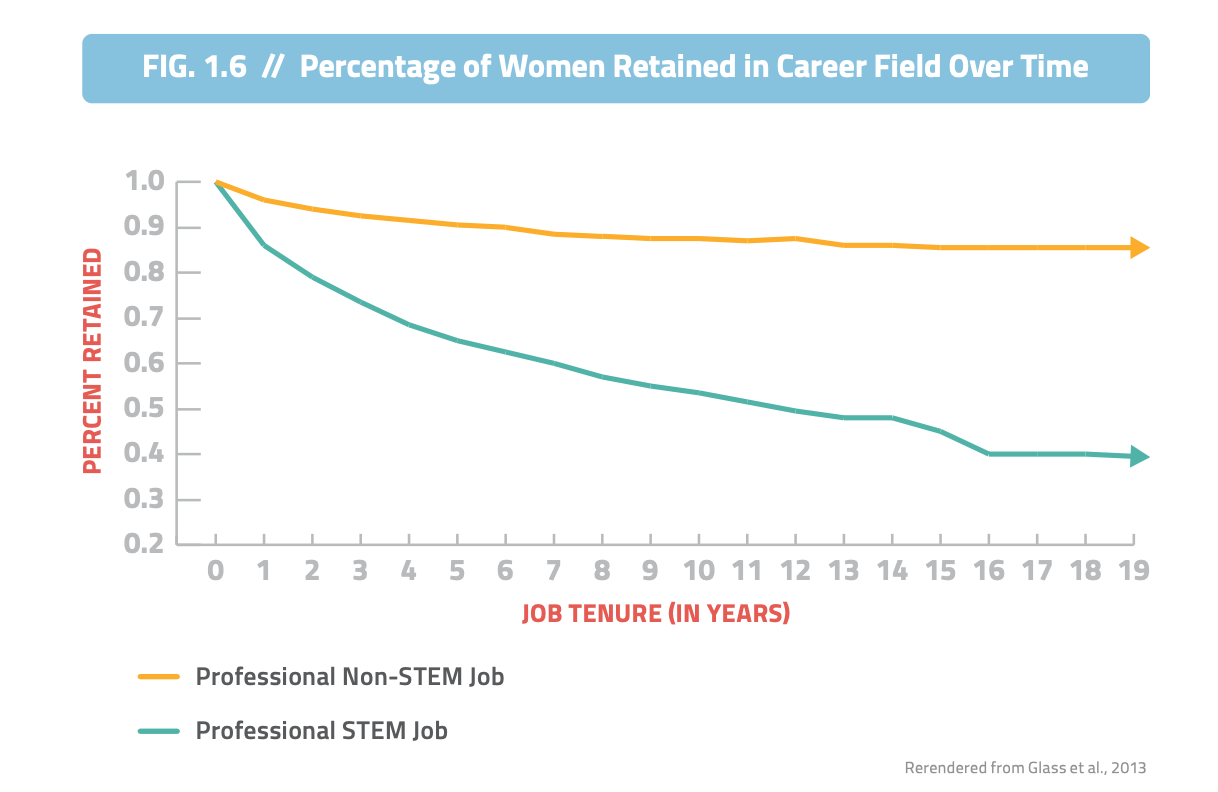it's a pipeline problem
It's not me, it's you.
Some variant of the excuse that "we couldn't find any qualified [female / black / Latinx] engineers to interview for the role."
It's typically used as a justification for the underrepresentation of women and people of color in the tech industry by pointing to the underrepresentation of these populations in the hiring pipelines.
There has been a lot of criticism that "the pipeline problem" is used as an easy out for companies to shirk responsiblity for recruiting and fostering diverse talent at their companies.
The former head of diversity at Facebook argued that fixing the public education system is the key to solving the diversity problem in tech:
It has become clear that at the most fundamental level, appropriate representation in technology or any other industry will depend upon more people having the opportunity to gain necessary skills through the public education system.
But Reshma Saujani, the founder and CEO of Girls Who Code, says that there are talented women and people of color looking for jobs who are being overlooked.
I get really frustrated when people say, “Well, it’s a pipeline problem! I can’t find them.” It’s simply not true... But year after year after year, I get emails from my students saying, “I applied to Google, I applied to Microsoft, I applied to Facebook. I’m a 4.0 MIT student, Berkeley, Stanford, you name it. Can’t get my foot through the door.”
